SPECIALTY CLINICS
RETURN TO EXERCISE
Pregnancy and birth are the biggest physical and hormonal load that the body will go through in its entire lifetime. Just stop to think about that for a moment, as it will help you understand why the post-natal body deserve more respect than it often receives.
The postnatal body needs time to heal adequately before a return to exercise occurs, and as every woman’s body recovers at a different rate to another woman our post- natal assessment will consider your exercise history, your birth and how your body is currently recovering to ensure a safe return to exercise and longevity of your body.
It is common for symptoms such urinary incontinence, vaginal heaviness, abdominal separation and back pain to be present in the post natal period as a result of pregnancy and birth. After a vaginal delivery up to 50% of women will experience pelvic organ prolapse, however only 10-20% of those will the symptomatic and the rest are ‘hidden’.
A thorough assessment with an experienced Women’s Health Physiotherapist is essential following a Vaginal or Caesarean birth to ensure your body is ready to return safely to exercise. This is different to your 6 week check with your obstetrician or Midwife. These assessments are crucial in helping women to rebuild their body safely and minimise long term issues arising.
Each assessment will include:
Real time ultrasound assessment to check deep abdominal activation and pelvic floor
Internal pelvic floor and prolapse check
Abdominal separation assessment
Assessment of C Section scar healing, control and strength through abdominal wall in women who had a caesarean birth.
Biomechanical check of pelvic girdle control, with exercises to improve your pelvic girdle and torso control, glute strength and general body to assist return to exercise, especially dynamic activities such and running or HIIT classes.
Postural assessment and advice regarding feeding positions, lifting and carrying as this can aggravate pain or headaches, shoulder pain, wrist issues such as Carpal tunnel or De Querveins, or general back pain.
